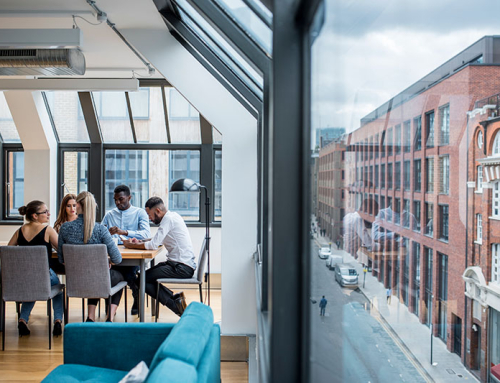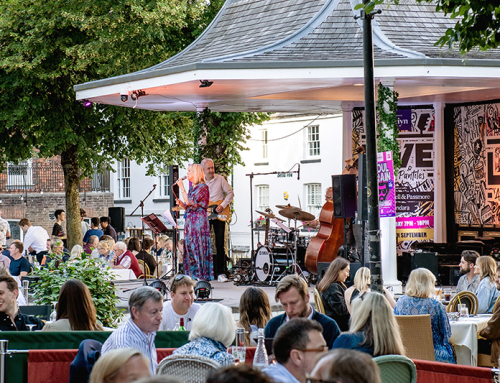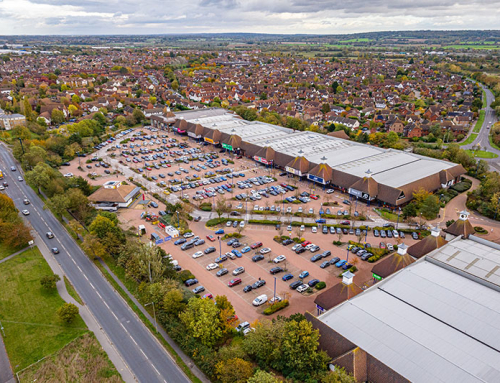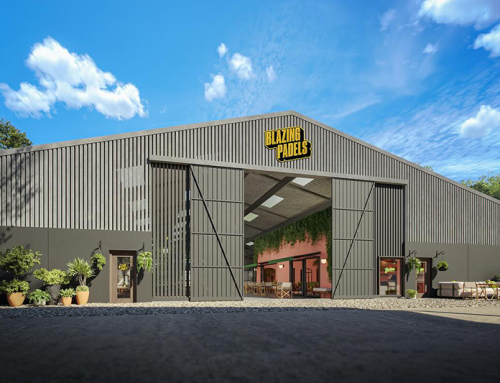In the dynamic landscape of urban development, shopping centres stand as pivotal hubs – defining the character and vitality of town centres.
However, over the past few decades, town centre retailing has experienced seismic shifts. Many predicted that the ecommerce boom and COVID-19 would prove to be the final straw for Britain’s high streets – but almost two years post-pandemic, asset managers are experiencing successes when exploring new horizons in relation to shopping centres.
In this week’s blog, we’re examining the evolving role of shopping centres and the strategies asset managers can employ to unlock their full potential.

Reimagine
The narrative of shopping centres is transforming from mere retail spaces to multifaceted destinations that cater to diverse community needs. Repurposing is a key strategy, offering a spectrum of opportunities to breathe new life into underutilised spaces.
From integrating leisure and residential components to fostering innovation hubs and community-centric facilities, the potential for transformation is vast. Bold redevelopment initiatives – often a collaborative effort between private investors and public stakeholders – are reshaping shopping centres into vibrant modern ecosystems.
Examples across the UK include Manchester’s historic Rylands Building; the integration of office spaces with retail and leisure amenities has revitalised this property. Similarly, the Grafton Centre in Cambridge is embracing change by reimagining its offering – blending life sciences research facilities with retail and entertainment offerings.
Revitalise
For shopping centres with moderate vacancy rates, revitalisation offers a pathway to relevance in the modern retail landscape. By diversifying their offerings, these centres can appeal to a broader demographic spectrum.
Leisure-centric attractions, such as cinemas, gyms and entertainment venues, prove to be magnets for footfall. Flexible spaces for pop-up shops inject dynamism into the tenant mix, fostering an ever-evolving retail environment.
Innovative lease arrangements further fuel this transformation. The conversion of former retail spaces into experiential destinations, like Gravity Max in Wandsworth, showcases the potential for reinvention. Meanwhile, independent cinema operators are carving out niches within town centres.

Targetfollow
As the retail landscape continues to evolve, the relevance of shopping centres lies in their adaptability and ingenuity. A fusion of retail, leisure and community spaces, underpinned by innovative design and inclusivity will yield success in the 2020s. Of course, ecommerce is here to stay – hence why an omnichannel approach that integrates online and offline experiences should be on the agendas of asset managers going forward.
Shopping centres are not relics of the past – but the beating heart of town centres, poised for a renaissance. By embracing change, asset managers can unlock the potential of these spaces – ensuring their longevity as vibrant community hubs in the 21st century.
For the latest updates on Targetfollow’s 2024 projects, follow us on Facebook, X and LinkedIn.





